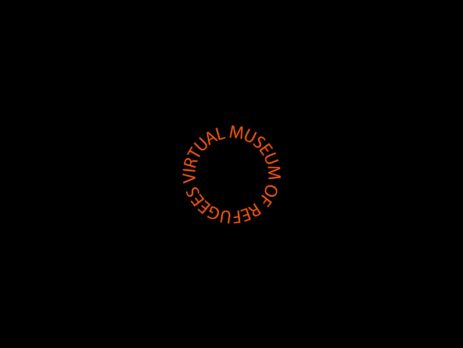Asllan Haliti
https://museumofrefugees-ks.org/wp-content/uploads/2023/01/Asllan-Haliti.mp3 The interviewer: It’s fine. Continue from where you left; when the military came and blocked one side of the city of Mitrovica and how you had to leave. Asllan Haliti: They did block the road, especially the one “Kodra e Bajrit” – the road that takes you to Vaganica and Vernica – it’s over that place. When there were attacks in the city people usually ran away in that direction, especially the neighborhood of Vaganica and Shqipol, they would always...

